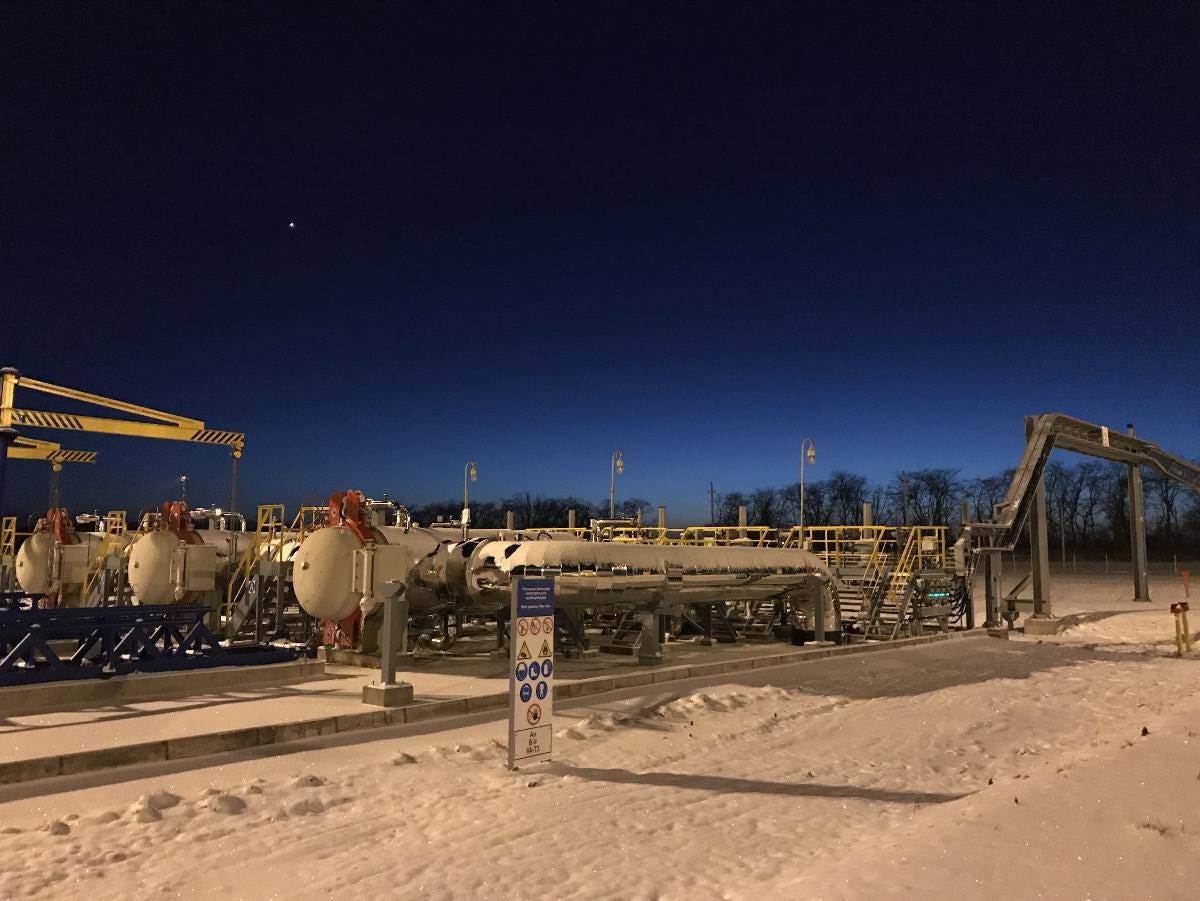Pipeline attack plunges Kazakhstan into Ukraine drama
Ukraine’s drone strike on Caspian Pipeline Consortium pumping station drags Kazakhstan into the geopolitical crossfire, raising economic and diplomatic stakes.
Kazakhstan has worked hard to maintain neutrality amid the geopolitical turmoil caused by Russia’s invasion of Ukraine.
And now this has happened.
On Monday, a drone assault apparently launched by Ukraine’s armed forces struck the Kropotkinskaya oil pumping station, a key transit hub for…
Keep reading with a 7-day free trial
Subscribe to Havli - A Central Asia Substack to keep reading this post and get 7 days of free access to the full post archives.



